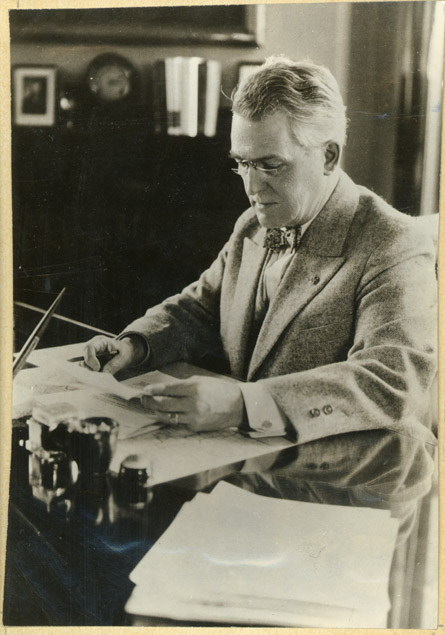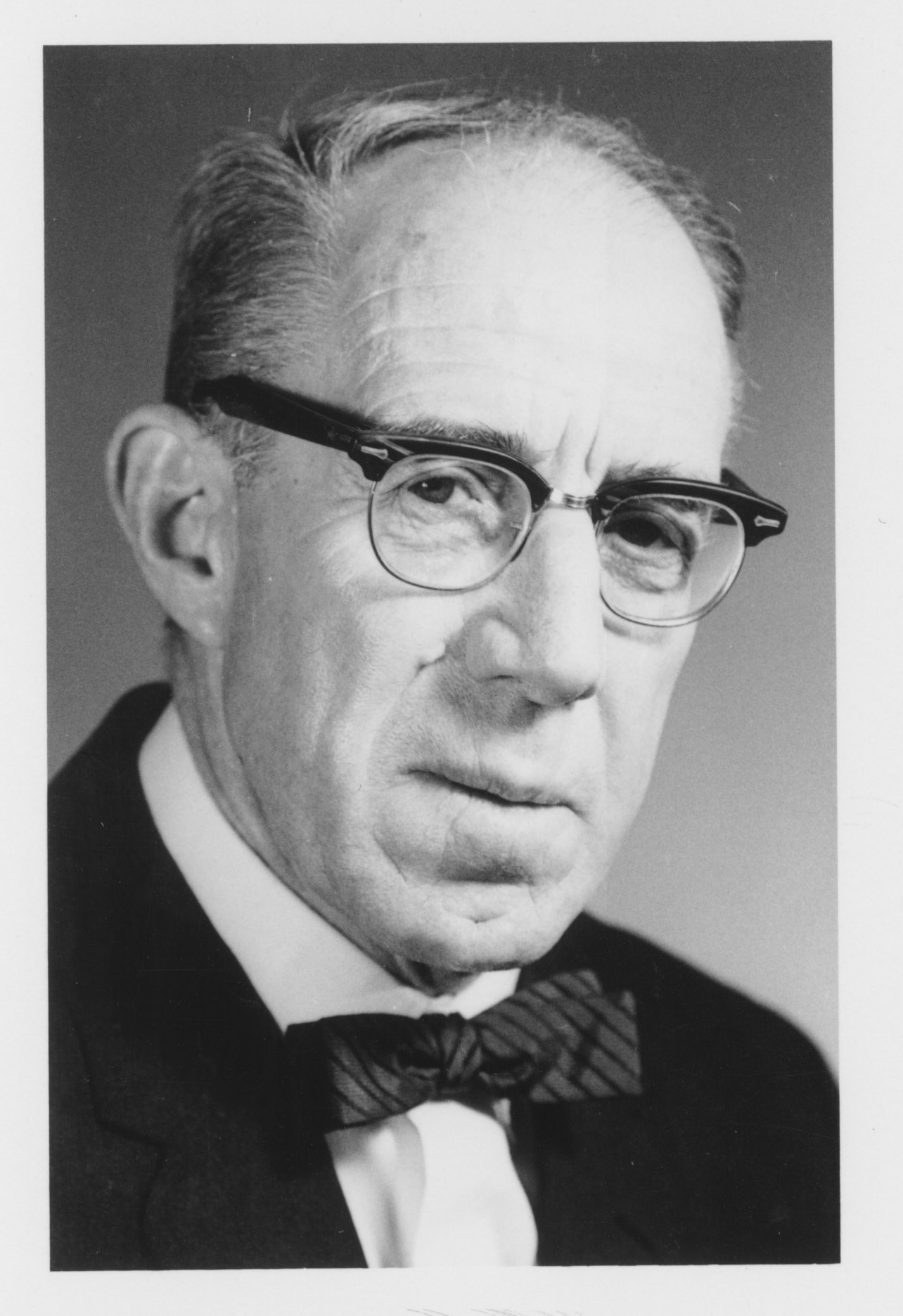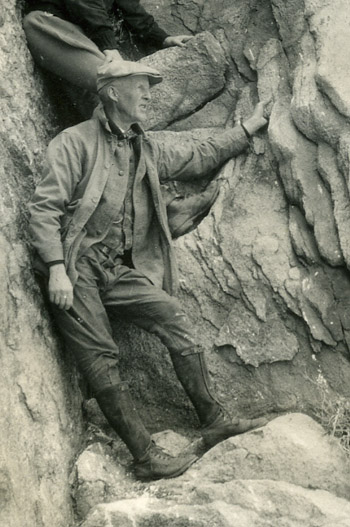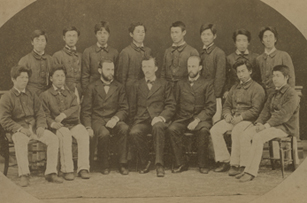John M. Maki Papers
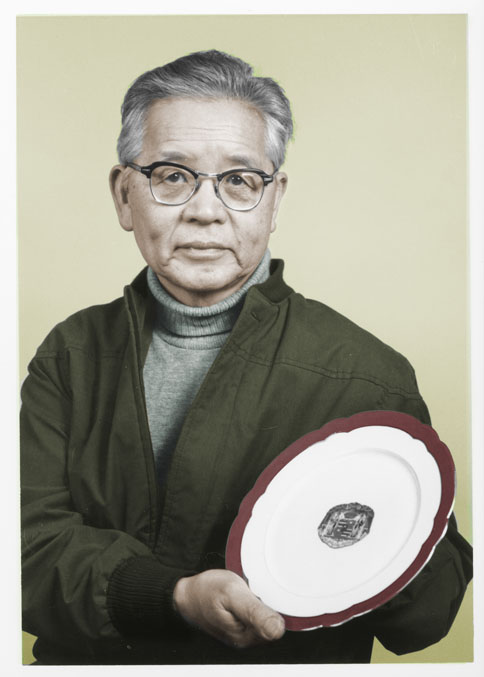
Access restrictions: Temporarily stored offsite; contact SCUA in advance to request materials from this collection.
Born to Japanese parents in Tacoma, Washington, in 1909, John Maki was adopted as an infant by a white couple and raised on their farm. After receiving both his bachelors (1932) and masters (1936) in English literature at the University of Washington, Maki was persuaded to switch fields to the study of Japan. Following a fellowship from the Japanese government to study in Tokyo in the late 1930s, the war interrupted his plans. After being ordered to internment, he served with the Foreign Broadcast Intelligence Service of the Federal Communications Commission and in psychological warfare planning with the Office of War Information, and after the war, he took a position with the occupation authority, assisting in the drafting of the Japanese Constitution. Returning stateside, he resumed his academic career, earning his doctorate in political science at Harvard in 1948. After eighteen years on the faculty at the University of Washington, Maki moved to UMass in 1966, where he served as chair of the Asian Studies Program and in administrative posts, including as vice dean of the College of Arts and Sciences. In recognition of his efforts to promote relations between the U.S. and Japan, he was awarded the Third Class Order of the Sacred Treasure by the emperor of Japan in 1983. Although he retired from the faculty in 1980, Maki remained active as a scholar until the time of his death in Amherst in December 2006.
The Maki Papers reflect a long career in the study of contemporary Japanese politics and culture. Beginning with his earliest academic work on Japan in the 1930s, the collection documents the range of Maki’s interests, from the origins of Japanese militarism and nationalism to the development of the post-war Constitution and his later studies of William Smith Clark and the long history of Japanese-American relations. The collection includes valuable documents from the early period of the Allied Occupation, including the extensive correspondence with his wife Mary (1946).

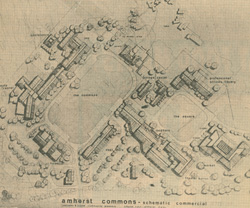
 View the
View the 